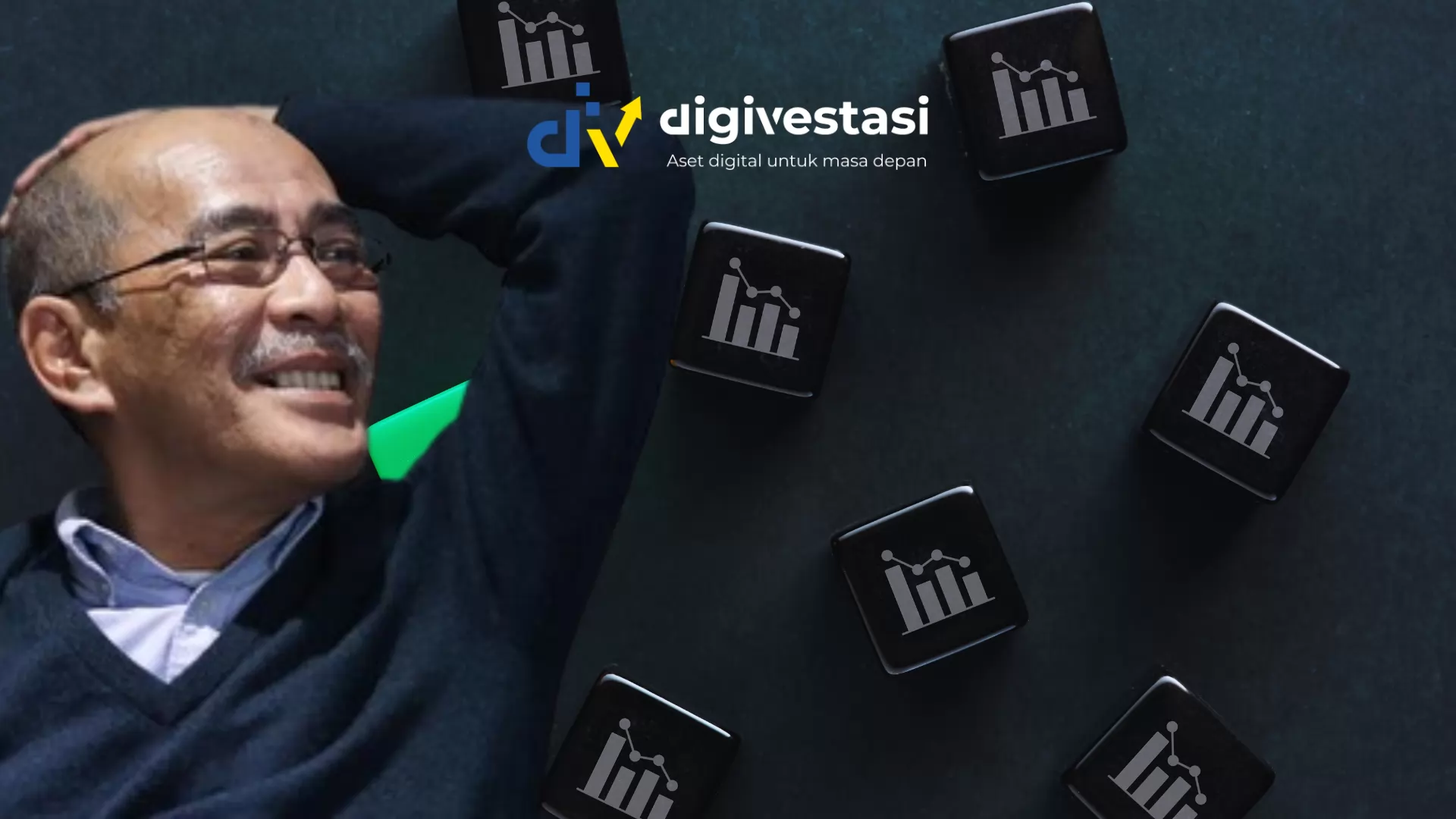
News Update
The Dracin Fever Intensifies! Southeast Asians Are Addicted to Chinese Dramas
/index.php
Bisnis | Ekonomi - Posted on 22 August 2024 Reading time 5 minutes

DIGIVESTASI - Senior economist from INDEF, Faisal Basri, sharply criticized the surge in debt during President Joko Widodo’s (Jokowi) administration, which has continued to grow, while economic growth has remained stagnant around 5 percent.
"How can debt increase significantly, but economic growth slows down? During SBY's era, economic growth reached 6 percent, while under Jokowi, it's only 5 percent. Yet, taking on debt is supposed to accelerate development," he said during a discussion on the Review of the 2025 State Budget Proposal (RAPBN): Accelerating Debt in Jakarta on Wednesday (August 21).
Faisal explained that this situation arises due to ineffective debt management. This is reflected in the high Incremental Capital Output Ratio (ICOR), an indicator that measures the efficiency of investment in driving economic growth. The higher the ICOR, the less efficient the investment is in a country.
He added that from the Suharto era to SBY, Indonesia's ICOR ranged between 4 and 4.6. However, under Jokowi, the ICOR jumped to 6.5 in the first term and increased again to 7 in the second term.
"For instance, to build one kilometer of road, 50 percent more capital was required during Jokowi's first term, and even more in the second term. This indicates that the quality of Indonesia's economy has weakened during the Jokowi era," he explained.
Faisal also compared this to the New Order era, where although debt increased, economic growth was also boosted. He attributed this to President Suharto’s policy that required all debt to be used for development.
"During the New Order era, all debt had to be used for development, not for paying salaries. That’s why debt was referred to as development revenue," he added.
Meanwhile, Jokowi is expected to leave a debt exceeding Rp8,000 trillion to President-elect Prabowo Subianto.
Data from the Ministry of Finance in the APBN KiTa report records that as of the first semester of 2024, the government’s debt has reached Rp8,444.87 trillion, or about 39.13 percent of the Gross Domestic Product (GDP).
Jokowi’s debt legacy to Prabowo is significantly larger than the debt left by Susilo Bambang Yudhoyono (SBY) to Jokowi in 2014, which amounted to Rp2,609 trillion.
This debt burden of more than Rp8,000 trillion will start to have an impact in Prabowo's first year in office, where he will immediately face the obligation to repay maturing debt of Rp800.33 trillion in 2025. This amount includes Rp705.5 trillion from the issuance of Government Securities (SBN) and Rp94.83 trillion from loans.
This amount does not yet include interest payments, which in 2025 are estimated to reach Rp552.85 trillion. When combined, the total maturing debt obligations and interest that Prabowo will have to pay in his first year of governance amount to Rp1,353.1 trillion.
Find more news and articles on Google News
Source: cnnindonesia.com
What do you think about this topic? Tell us what you think. Don't forget to follow Digivestasi's Instagram, TikTok, Youtube accounts to keep you updated with the latest information about economics, finance, digital technology and digital asset investment.
DISCLAIMER
All information contained on our website is summarized from reliable sources and published in good faith and for the purpose of providing general information only. Any action taken by readers on information from this site is their own responsibility.